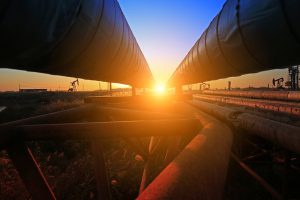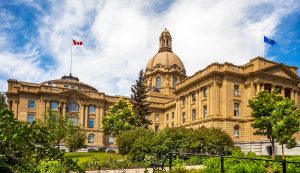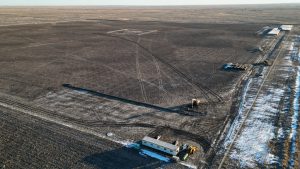EDMONTON – Alberta’s carbon levy has increased from $20 per tonne to $30 per tonne.
The rate is based on the amount of carbon pollution released from the combusted fuel. Transportation and heating fuels, such as diesel, gasoline, natural gas and propane are included in the levy.
For consumers, the levy is included in the price of gasoline and diesel, and natural gas levies are collected and remitted by entities within the natural gas distribution system. Rebates for lower and middle-income Albertans will also increase to offset the levy at the consumer level.
The carbon levy was introduced on Jan. 1, 2017 and received pushback from industry representatives such as the Alberta Construction Association, which pointed out that some general contractors have fixed-price or lump sum contracts where costs can’t be passed on.
The carbon levy is part of the Alberta government’s Carbon Leadership Plan, an initiative to reduce greenhouse gas emissions and invest in environmentally-friendly projects. The plan is also in response to a federal carbon tax which the Alberta government does not believe addresses the concerns of the province.
“Our government is committed to leading policy development, not taking policy direction from Ottawa. Our made-in-Alberta Climate Leadership Plan works for Albertans and Alberta’s economy,” Minister of Environment and Parks and the Minister Responsible for the Climate Change Office Shannon Phillips said in a statement.
The Alberta government has announced $1.4 billion in projects funded by the Climate Leadership Plan, including $440 million for oilsands innovation, $225 million on emission reductions research, $240 million for industrial efficiency projects to upgrade equipment and facilities, $63 million for bioenergy projects and $400 million in loan guarantees for to support investment in renewable energy and other efficiencies.
Manitoba also recently introduced its own climate change strategies in response to the federal carbon tax, with lower carbon prices in the province due to investment in hydro projects.











Recent Comments
comments for this post are closed